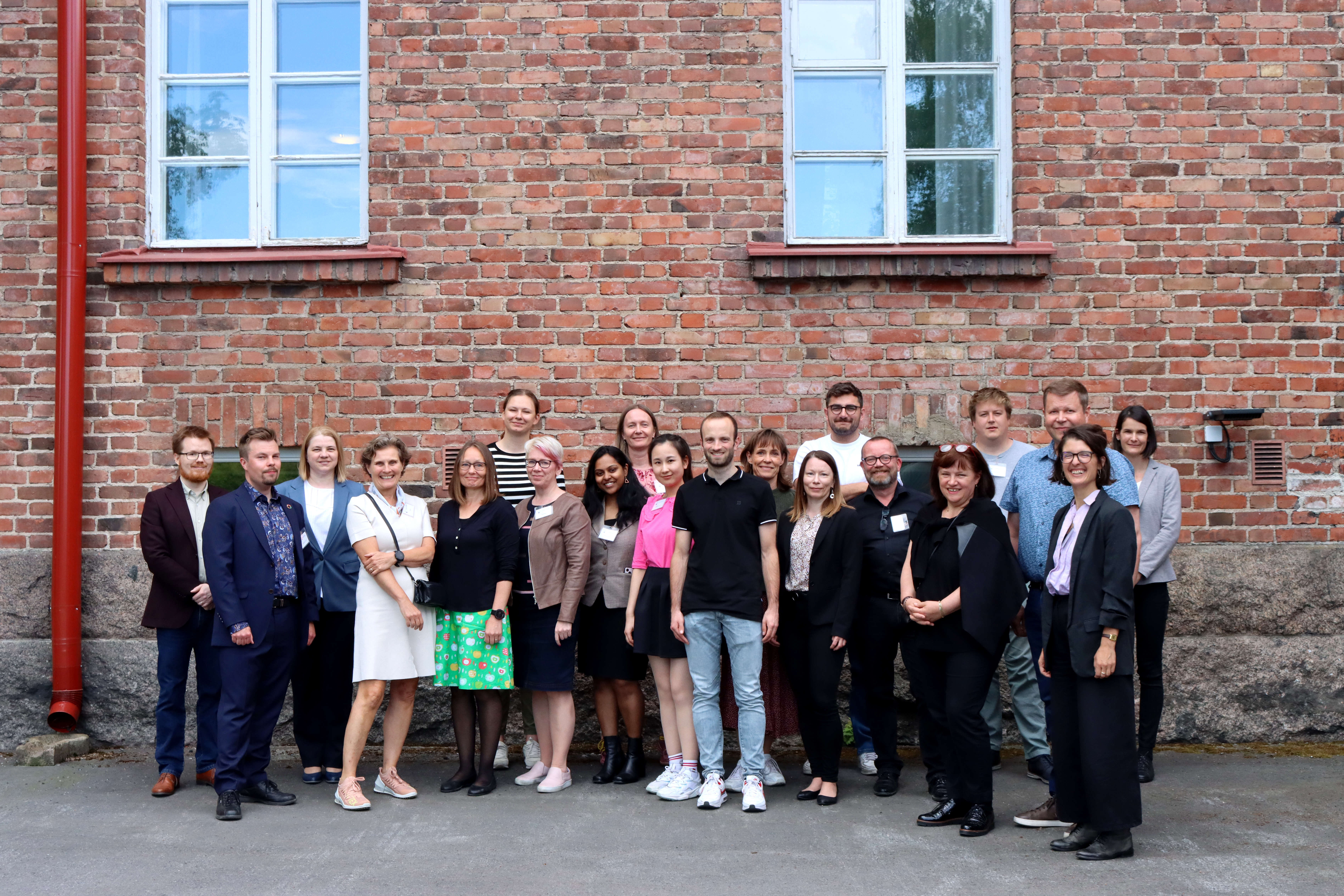The global pandemic and the war in Ukraine have highlighted the vulnerabilities in international supply chains all over the world. As a result, the development of material reuse and recovery is more relevant than ever. The EU-funded AshCycle project tackles the material challenges of green and digital transition by looking for new ways to utilise various ashes.
From ashes to opportunities
Ashes from the incineration of municipal solid waste, biomass and sewage sludge are currently underutilized and end up generally in landfills. With them, a significant number of metals, nutrients, rare earth elements and industrially valuable minerals contained in the ashes are lost as well. Moreover, landfilling of ash costs at least 100–500 euros per tonne, and the costs are expected to increase in the future due to waste taxes or disposal fees, difficulties in acquiring new landfill sites, and stricter EU landfill directives
The AshCycle project will develop new recovery methods for metals, semi-metals, nutrients, and usable minerals contained in the ashes, which is a major task for DTU Sustain in the project. Recovered raw materials will be processed into a form suitable for industrial use and new construction and water treatment materials are developed from the mineral residues in the ashes. The resulting products have a significantly lower carbon footprint than traditional alternatives.
”The technologies developed in this project enables mining of valuable raw materials from the currently underutilized ashes. Such developments are important in the combating of resource scarcity. We have high expectations to the outcome of the project,” says Professor Lisbeth M. Ottosen from DTU Sustain.
Project consortium of 28 partners
The AshCycle project brings together 28 research institutes and companies to solve the challenges of ash utilization. The consortium members cover the entire value chain from ash producers to material processors and end users. Close cooperation between universities and companies enables the rapid commercialization of the developed solutions. The AshCycle project involves citizens, society, and end users through a variety of events, workshops and learning materials.
The network of partners covers a wide geographical area, with organizations from Finland, the Netherlands, Croatia, Belgium, Slovenia, Denmark, Switzerland, and South Africa.
The European Union's financial contribution to the project is significant, with a total budget of around 10 million euros. The four-year project started in June 2022.
